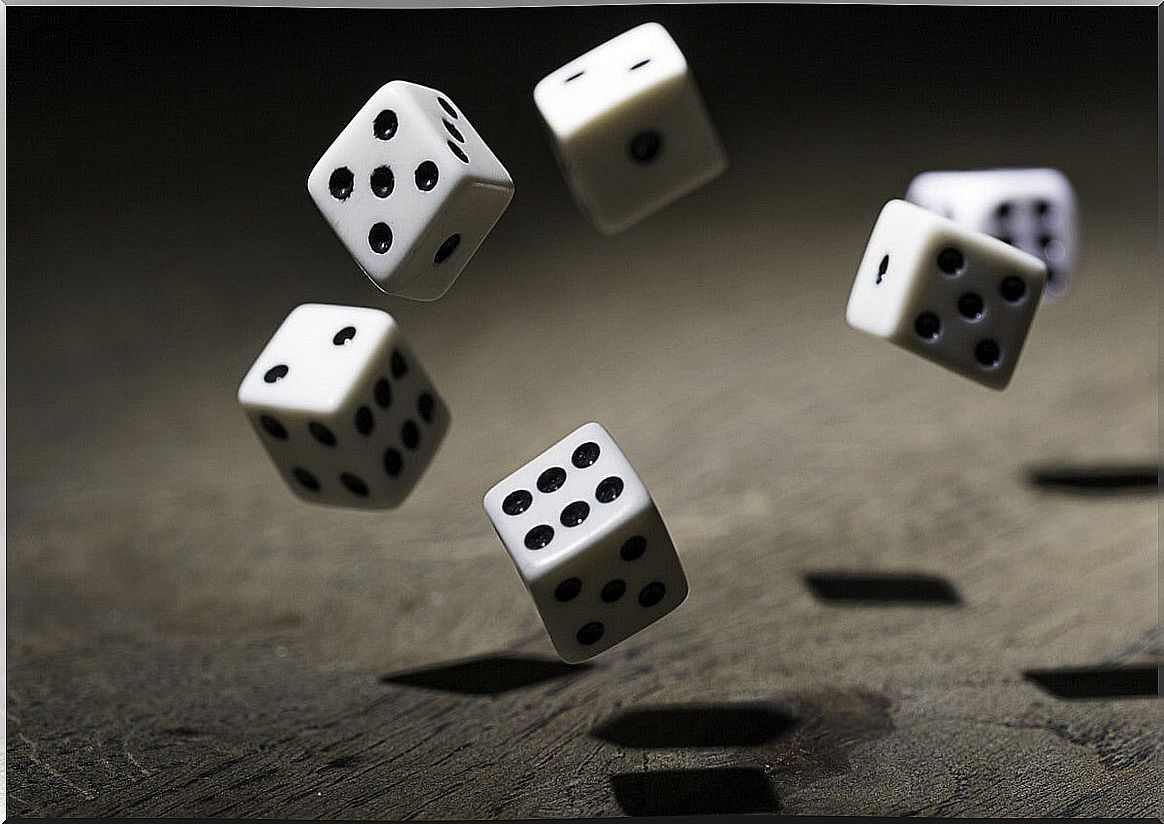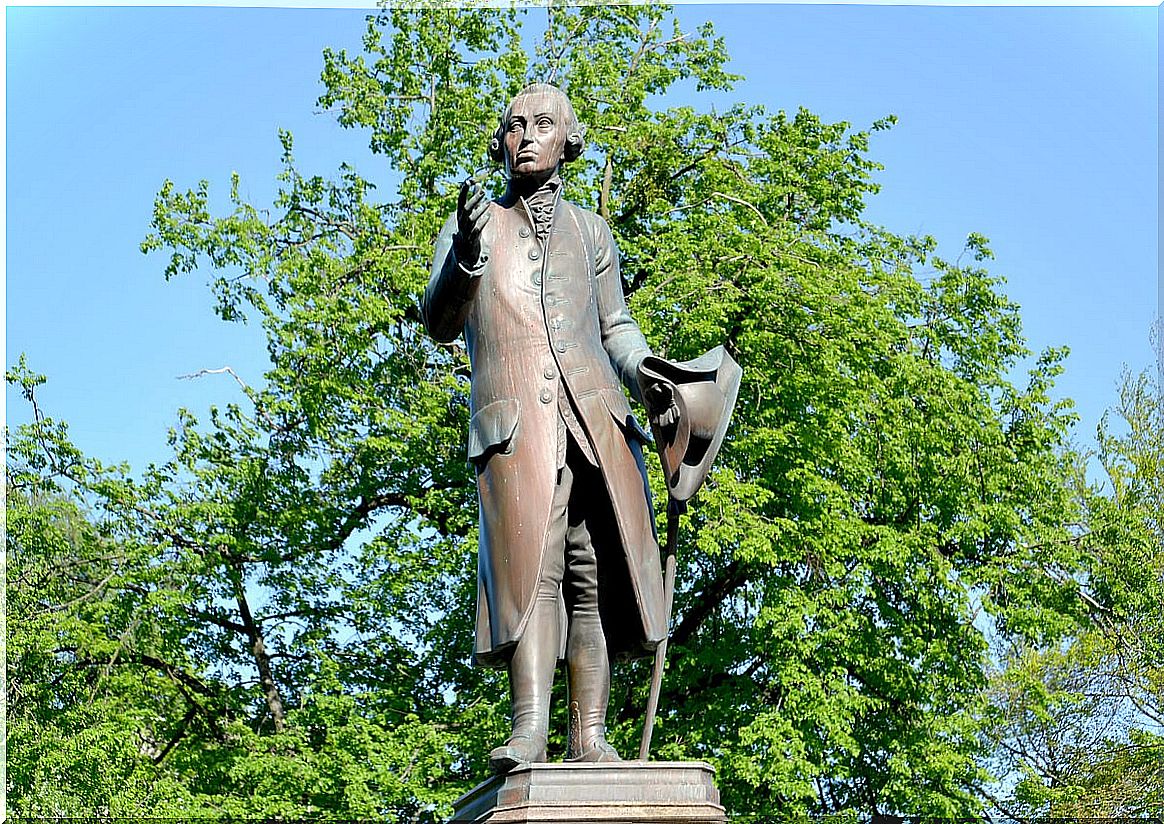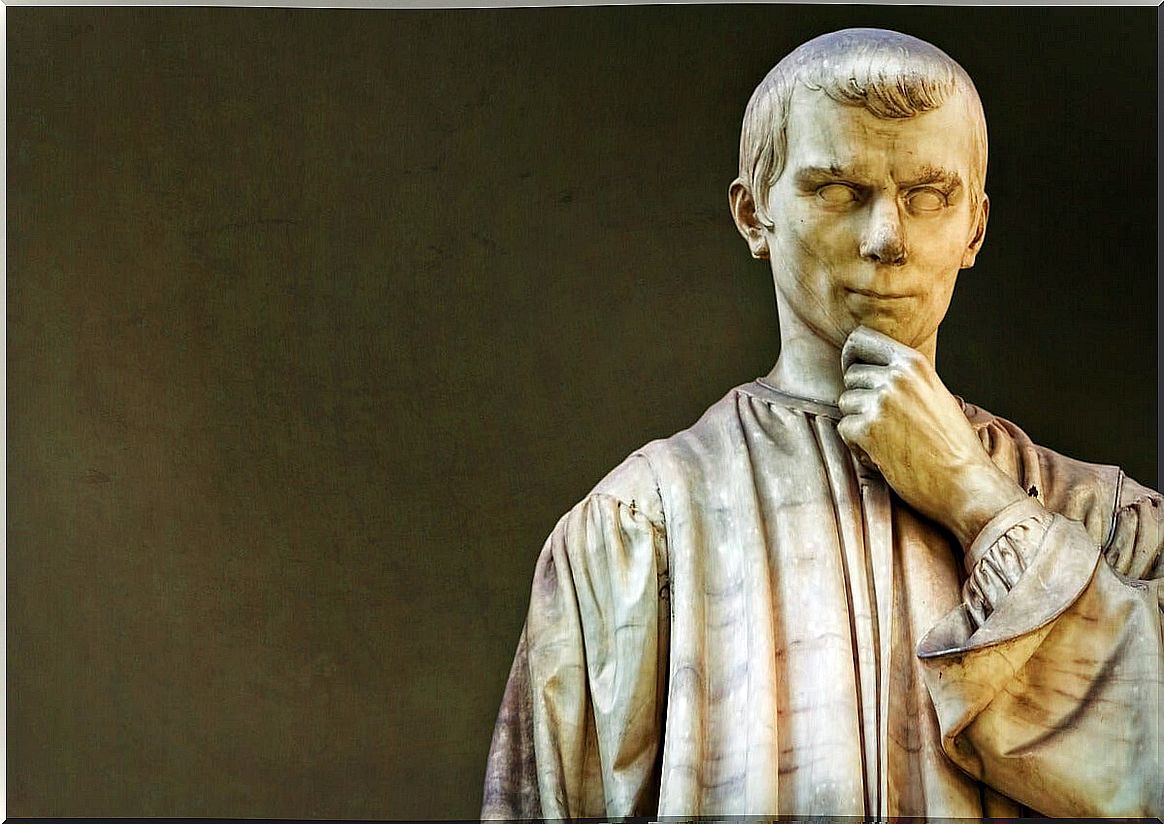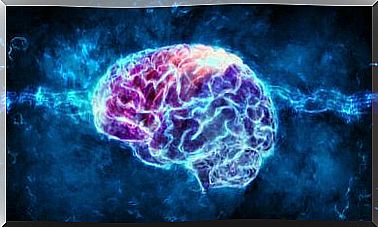Luck And Chance, According To Kant, Machiavelli And Schopenhauer

Luck and chance are transversal phenomena in history and have revealed thinkers of all times. It is difficult for human beings to assimilate the facts and situations that give advantages or take them away, on which we do not know the origin or the causes that propitiate them.
That is the reason why luck and chance have been the object, above all, of mythologization. That terrain is thought to be dominated by invisible forces that are beyond our comprehension. Or that they are the effect of the will of superior beings or of realities that operate outside the real world.
It is a fact that luck and chance are factors that operate in life. In what there is no agreement is in the weight that they have or in the form and degree in which they condition our future. We will soon see what three great thinkers have said about it.

1. Luck and chance in Kant
One of the works in which Kant refers to luck and chance is Towards perpetual peace . This great philosopher represents the traditional view of these concepts. He points out that nature is the “artist” who “orders all things. ” He adds that sometimes he must do it even against people’s will.
Kant indicates that all this operates within the framework of laws that we ignore. Luck and chance are activated by causes of nature that nobody knows about and against which the philosopher says that one should not interfere. What there is then is a “hidden plan of nature” and this is manifested with the winks that fate makes.
Kant also suggests that, at the end of the day, everything is determined by the inscrutable designs of Providence. Therefore, happiness is not something that can be conquered or built. The human being depends on the favorable circumstances that good or bad fortune puts in front of him.
2. Fortune in Machiavelli
Nicolás Machiavelli is another of the thinkers who gave a very important place to luck and chance. It is curious, however, that he has dealt with that matter. After all, Machiavelli represents political realism in its crudest, and even cynical, expression.
For Machiavelli, good or bad fortune definitely does exist, but unlike Kant, he thinks that it is possible to resist them. It points out that “destiny” governs at least half of our lives and that, therefore, we must take care to dominate the other half so as not to be ruined.
He says that good or bad luck only manifests itself in all its splendor and is decisive where there are beings who do not have enough virtue or talent to resist. In other words, chance is only forceful when there is no will or ability to deal with it.
In his work On the power of fortune in human things and the means to oppose it, he also expresses several sentences, of course, Machiavellian. His conclusion is that, as long as luck is fickle and variable, it is better to find a way to accommodate it. In other words, “look for the tree that offers the most shade.”

3. Schopenhauer and chance
Another of the philosophers who spoke about luck and chance was Schopenhauer. This thinker was characterized by showing a deep rejection of thought and the dynamics that dominated his time. In fact, there are many who consider him the philosopher of pessimism. Actually, it is not so; what he did on many occasions was to speak out against blind and naive optimism.
From his perspective, the world is governed by chance and error. Behind there is no foolishness and evil. He goes so far as to affirm that “a happy life is impossible.” Why? In his opinion, “Our whole life is a struggle against obstacles that ultimately win.” Despite these acidic ideas, Schopenhauer is also the author of a famous aphorism that says: “Chance deals the cards, but we play them.”
In short, Schopenhauer is convinced that human will is a force of resistance. It does not impose fate, but it can respond to it. However, chance ends up determining essential aspects, such as the very possibility of being alive. Therefore, the construction of happiness is an illusion.
Three different perspectives on the same topic: luck and chance. From psychology, more than a fact, these issues have to do with a perception. Good or bad fortune are interpretations rather than given realities.









